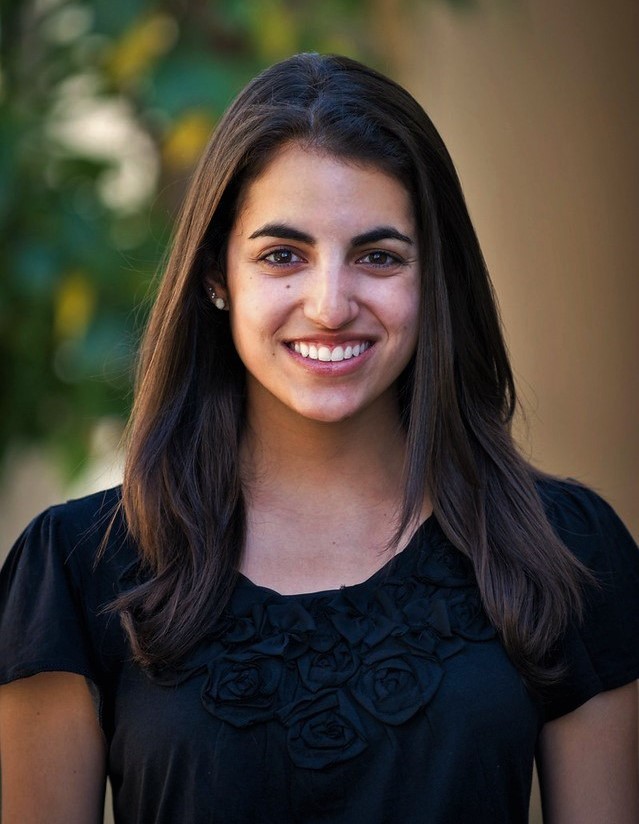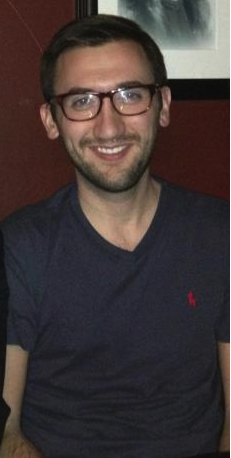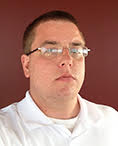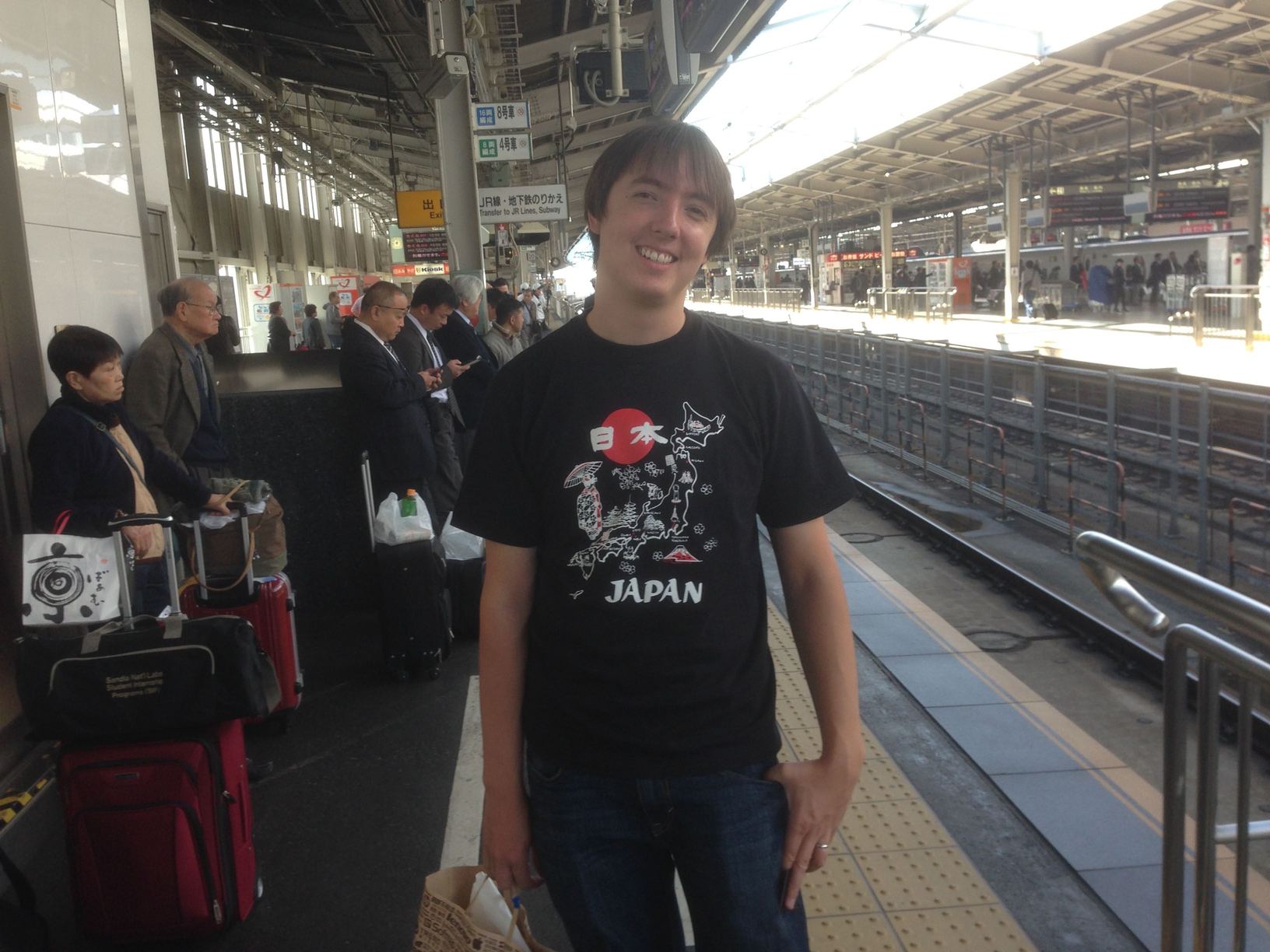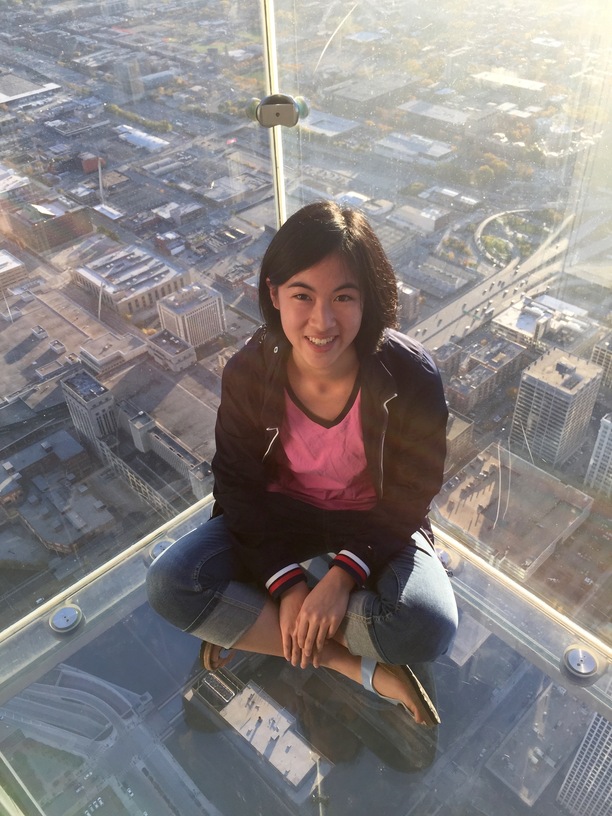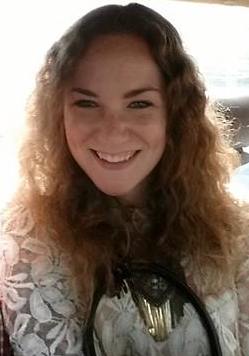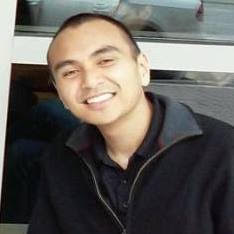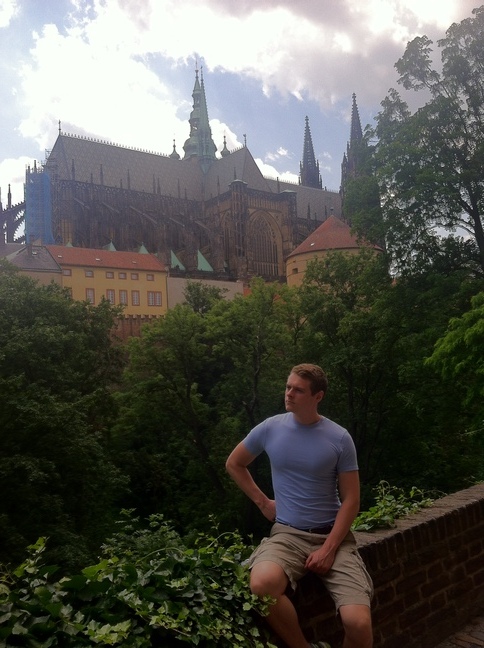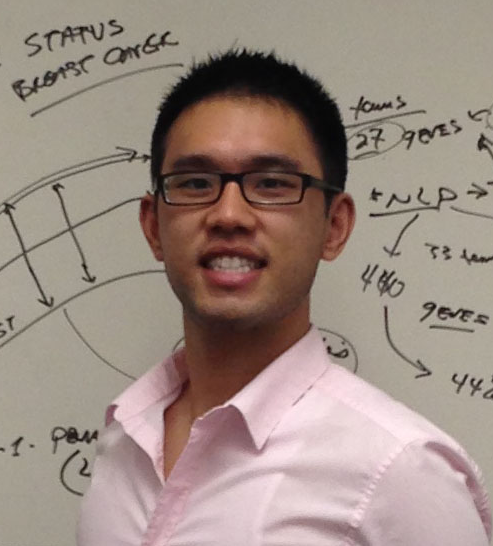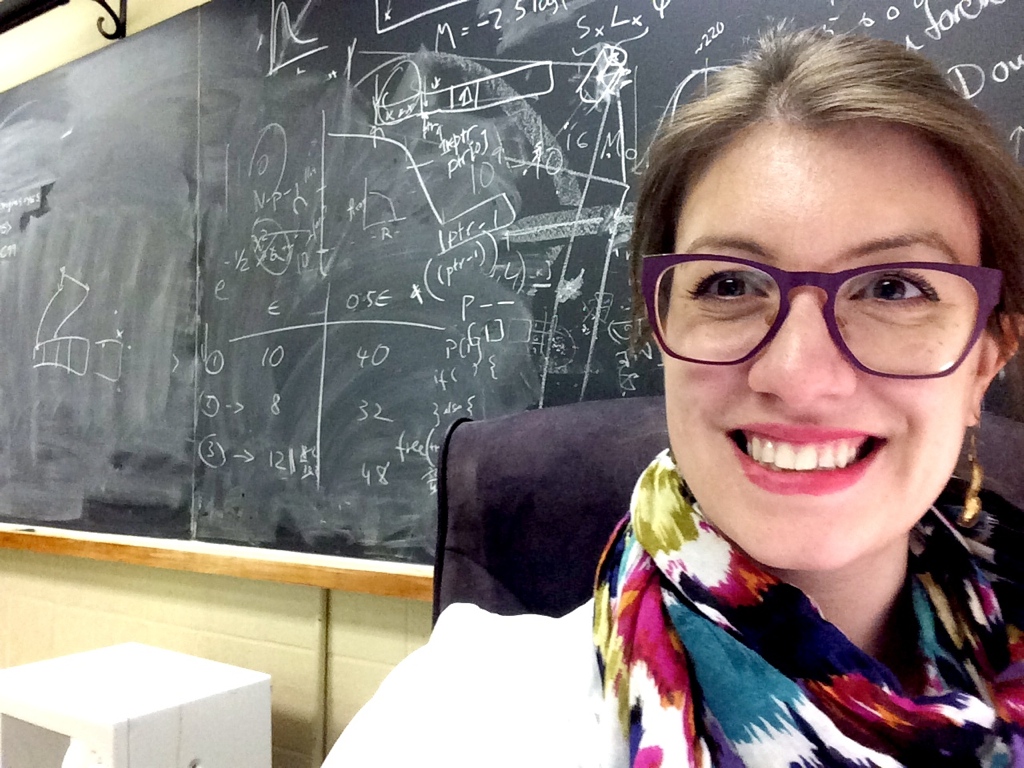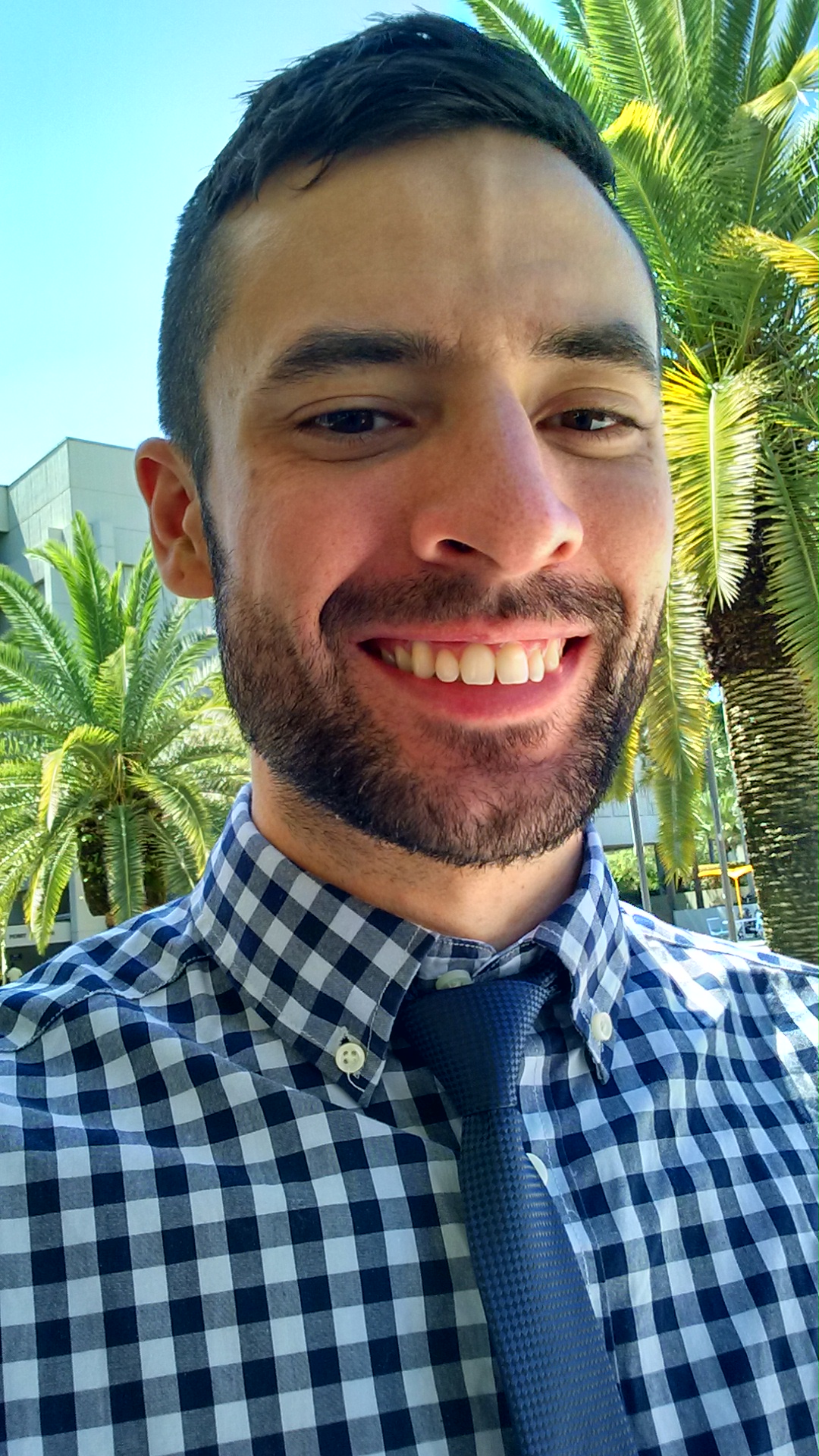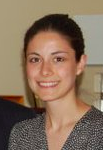OSDC PIRE Year 5 Researchers (2015)
Fellows
Meet this year’s selected research fellows.
Melissa Bica
- PhD student at University of Colorado Boulder
- Field: Computer Science
- Host Institution: AIST, Tsukuba, Japan
Melissa is a first year Computer Science Ph.D. student at University of Colorado Boulder in Human-Centered Computing. She works in a research group focused on crisis informatics, the study and design of information communication technologies in relation to mass emergencies. Her primary goal in her graduate work is to conduct research and development of technology that has significant societal implications. For her dissertation research, Melissa plans to investigate image-based information diffusion and communication via social computing platforms in relation to disaster events. Melissa is interested in many aspects of human-centered computing, including crisis informatics, social computing, and user interface design and development. Melissa holds a Bachelor of Science in Computer Science and Engineering from Santa Clara University. Her CV can be found here.
Robert (Race) Clark III
- PhD student at the University of Oklahoma
- Field: Meteorology
- Host: Project Matsu in Namibia
Race is currently a PhD student at the University of Oklahoma, where he is studying meteorology. He works as a Graduate Research Assistant for the Cooperative Institute of Mesoscale Meteorological Studies and the National Severe Storms Laboratory. His PhD project is to determine the relative importance of various meteorological and hydrometeorological factors in the development of flash flooding events; this work will eventually lead to the development of novel medium-range flash flood forecasting techniques.
Race’s PIRE project contributes to the OSDC Project Matsu, which develops open source technology for cloud-based processing of satellity imagery to support the earth sciences and disaster relief efforts. His MS is in Meteorology from the University of Oklahoma, and his BS is in Chemical Engineering from Oklahoma State University. He enjoys running, exploring abandoned places, and the Oklahoma City Thunder.
Zac Flamig
- PhD student at the University of Oklahoma
- Field: Meteorology
- Host: Project Matsu in Namibia
Zac Flamig is a Ph.D candidate in the School of Meteorology at the University of Oklahoma. His research interests include hydrologic modeling at small scales over large domains, crowd sourced data collection, disaster response and radar meteorology. Zac holds a BS and MS in meteorology from the University of Oklahoma. When Zac isn’t working on hydrologic models he enjoys developing apps for iOS, chasing storms in Oklahoma and following the latest space launch news.
Jacob Hobbs
- Graduate student at the University of New Mexico
- Field: Computer Science
- Host Institution: Universidade Federal Fluminense, Rio de Janeiro, Brazil
Jacob recently finished his Master’s degree in Computer Science at the University of New Mexico (UNM), where his thesis applied game theory to computer security issues. As a believer in strong AI, he plans to advance some of the knowledge frontiers that may lead toward it in his PhD research with Trilce Estrada at UNM. He hopes to find new ways to adapt stricter mathematical techniques like abstract interpretation to the fuzzier domains common to machine learning. Outside of academia, he does complex systems research and modeling at Sandia National Laboratories, where he has worked for several years. When he’s not working or studying he’s usually spending time with his wife and kids.
Grace Lu
- Undergraduate student at the University of Chicago
- Field: Computer Science, Economics
Grace is currently majoring in computer science and economics at the University of Chicago. She works at the Knowledge Lab in the Computation Institute on campus, applying data-driven techniques and technical tools to answer questions in the computational social science field. Her research focuses on better understanding the sources of information used in Wikipedia. In addition to coding, Grace’s hobbies include playing tennis, traveling, and music.
Shelby Matlock
- Graduate student at University of North Carolina at Charlotte
- Field: Bioinformatics and Genomics
- Host Institution: AIST, Tsukuba, Japan
Shelby is a first year graduate student at the University of North Carolina at Charlotte where she is actively working on her Professional Science Master’s in Bioinformatics and Genomics. She works as a research assistant in the Guo structural proteomics lab at UNCC. Her most recent research project involves creating a de novo pipeline that will extract and analyze short internal insertions and deletions from a non-redudant set of protein chains. Shelby’s other research interests include biological visualization and the effects of histone modification on epigenetics. Some of Shelby’s hobbies are app development, hiking, and yoga.
Shelby holds a Bachelor’s of Science in Mathematics with a concentration in Bioinformatics from the University of North Carolina at Charlotte. Her website can be found here.
Alexander Moreno
- PhD student at Georgia Institute of Technology
- Field: Computer Science
- Host Institution: University of Amsterdam, Netherlands
Alex is a PhD student at Georgia Tech, where he applies machine learning to problems in health. He has worked in several areas, including speeding up financial computation, distributed computing, and natural language processing for augmentative and alternative communication. He is spending the summer applying deep learning to cancer imaging, and in the fall will begin work applying it to wearable sensor data. Previously, he was a professional poker player and iOS developer. He has a BA in mathematics from the University of Chicago.
Ryan Mork
- Graduate student at The University of Chicago
- Field: Biophysics
- Host Institution: University of Amsterdam, Netherlands
Ryan Mork is a third year graduate student in the Biophysics program at the University of Chicago, advised by Julie Bubeck Wardenburg in Pediatrics and Microbiology and Andrey Rzhetsky in the Institute for Genomics and Systems Biology (IGSB). The focus of Ryan’s graduate work is characterizing Staphylococcus aureus epidemiology and pathogenesis through the employment of machine learning techniques on large-scale healthcare and transcriptomics datasets. Through this work, he hopes to contribute to the development of new preventive and prophylactic strategies for staphylococcal disease.
Nam Pho
- Graduate student at the Georgia Institute of Technology
- Field: Computer Science
- Host Institution: Laboratory of Computer Networks and Architecture, University of Sao Paulo
Nam is currently a MS student at Georgia Tech where he studies computer networking. He also works in the research computing group at Harvard Medical School (HMS) where he maintains the high-performance computing cluster for biomedical research and is a member of the school’s ice hockey team. His research at HMS in the lab of Chirag Patel studies the influence of environmental exposure on disease in large population-scale datasets.
Nam’s PIRE project at the University of Sao Paulo will use software defined networking (SDN) to optimize security and latency in large-scale data transfers within the OSDC.
He has an MS from Johns Hopkins University and a BS from the University of Maryland.
Jennifer Piscionere
- Recently completed PhD at Vanderbilt University
- Field: Computational Astrophysics
- Host Institution: School of Informatics, University of Edinburgh, Scotland, UK
Jennifer is completing her Doctorate in Astrophysics at Vanderbilt University. She did her undergraduate work in Astrophysics at Columbia University in the City of New York. Her research focuses on combining numerical simulations with large scale astronomical data sets to study the spatial distribution of satellite galaxies in their host dark matter halos. She is involved with the Sloan Digital Sky Survey as well as the Large Suite of Dark Matter Simulations (LasDamas) project. Her current work will focus on the evolving relationship between galaxies and dark matter though cosmic time.
Steven Rapp
- Undergraduate student at Florida International University
- Field: Software Engineering
- Host Institution: AIST, Odaiba, Japan
Steven Rapp was born in Madison, Wisconsin and raised in Central Florida. From 2004 to 2010, Steve worked for as an avionics technician for the U.S. Air Force. He is currently nearing completion of a bachelor’s degree in software engineering at Florida International University. Steve owns a small software company specializing in mobile and web application development. His goal is to own his own firm developing tools for information security.
Genevieve Shattow
- Post-Graduate student at Swinburne University of Technology
- Field: Theoretical and Computational Astrophysics
- Host Institution: University of Edinburgh, Scotland, UK
Genevieve has recently submitted her PhD at the Centre for Astrophysics and Supercomputing at Swinburne University of Technology in Melbourne, Australia. She works with N-body simulations and semi-analytic models of galaxy formation to test the effects of environment and feedback on the enrichment processes of the intergalactic medium. She frequently creates and destroys universes at the drop of a hat. She has a BA from Columbia University in Astrophysics and an MA in Physics from the University of California, Santa Barbara. Previous professional experience includes working in the Mission Planning group at the Chandra X-ray Center.
Theano Stavrinos
- Graduate student at UCLA
- Field: Computer Science
- Host Institution: University of Amsterdam, Netherlands
Theano is a first-year MS student in Computer Science at UCLA. She earned her BA in Linguistics at the University of Chicago. Her current research involves modeling differences in mobile phone usage among user groups. Her other interests in computer science include biological image processing and natural language processing.
Prior to graduate school she was a software engineering intern at 3Scan, Inc., where she built microscope sensor prototypes and software. She also worked on magnetic resonance image analysis for two years at the Center for Imaging of Neurodegenerative Diseases. Outside of school, she loves to cook, ski, and cycle around LA.

